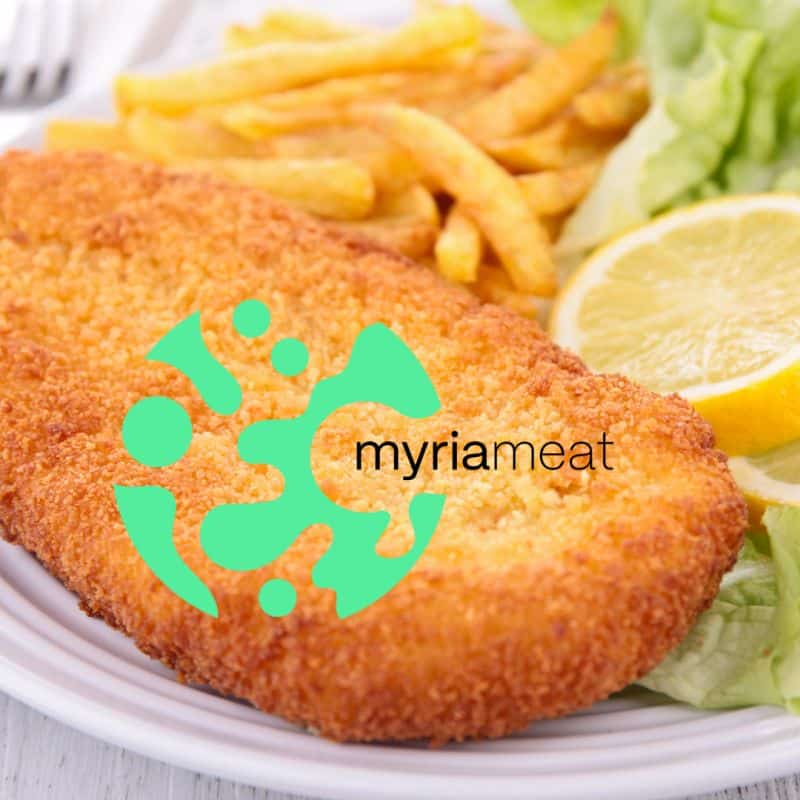A 2024 survey conducted in Germany by the research firm YouGov and the think tank Good Food Institute Europe has revealed a growing appetite among Germans for plant-based meat, plant-based dairy, and cultivated meat.
The survey, which engaged 2,105 participants aged 18 in a representative sample of the German population, however, uncovered that 58% of Germans consider that they eat too many animal products while 49% of the respondents think more alternatives to meat, fish, eggs, and dairy products should be available.
Growing interest in alternatives
Regarding a shift to plant-based diets, 46% of respondents indicated a desire to reduce their consumption of animal products over the next two years. Specifically, 30% said they want to consume more plant-based meat, while 27% showed interest in buying plant-based milk.
According to the survey, respondents under 35 and those considering themselves flexitarians showed even higher interest in consuming plant-based alternatives, suggesting a significant shift in consumer preferences for animal-free options.

Fair competition in the market
As the largest market for plant-based alternatives in Europe, Germany showcases a dynamic growth trajectory in this sector. However, the GFI explains that calls for political interventions to ensure fair competition for plant-based alternatives have grown louder.
“People want to consume more plant-based alternatives to meat and dairy products in the coming years”
For example, the survey found that 62% of Germans advocate for the government to end the value-added tax (VAT) discrimination against plant-based milk. Germany is among a few European countries that disadvantage plant milk through the tax system, unfavorably positioning plant-based milk at a 19% rate compared to cow’s milk at a reduced rate of 7%.
Other policy measures to strengthen plant-based alternatives in Germany have also received consumer support: according to the survey, 53% of the respondents say farmers should grow more plant-based foods, while 47% advocate for more plant-based options in public cafeterias (schools and hospitals). Also, 47% of the surveyed expect government support in researching new foods, including plant-based alternatives.
Ivo Rzegotta, Senior Public Affairs Manager at Good Food Institute Europe, comments: “People want to consume more plant-based alternatives to meat and dairy products in the coming years. Yet, the market share of these sustainable options is still small, and the transition should be accompanied by political measures for fair competition. The current discrimination against plant-based products starkly contrasts with German sustainability goals and should be corrected as soon as possible.”

The right to choose cultivated meat
The survey also inquired about cultivated meat, revealing that 53% of respondents were already aware of this production technology, and 47% expressed willingness to try cultivated meat products. Meanwhile, the majority (65%) support its introduction in the German market, contingent upon safety and nutrition, showing that German consumers value choice, comments the GFI.
“Germans don’t want ideologically charged debates but rather leave it to people to decide whether they eat cultivated meat or not.”
More than two-thirds of almost all voter groups share this view, except AfD party supporters, where approval falls below 50%. Additionally, 66% of respondents said Germany should produce cultivated meat to benefit the country’s economy. This perspective was consistent among all voter demographics.
In Europe, cultivated meat has been in the headlines. In a political move, Italy banned its production and sale without the EU’s previous review of the bill, and French parliamentarians have revealed plans to follow.
Rzegotta adds, “Cultivated meat must undergo a thorough, multi-stage approval process before it enters the European market, adhering to the world’s strictest standards for food safety and consumer protection. Our survey results show that Germans don’t want ideologically charged debates but rather leave it to people to decide whether they eat cultivated meat or not. Moreover, the results indicate that Germans increasingly see the economic opportunities in this emerging area.”





